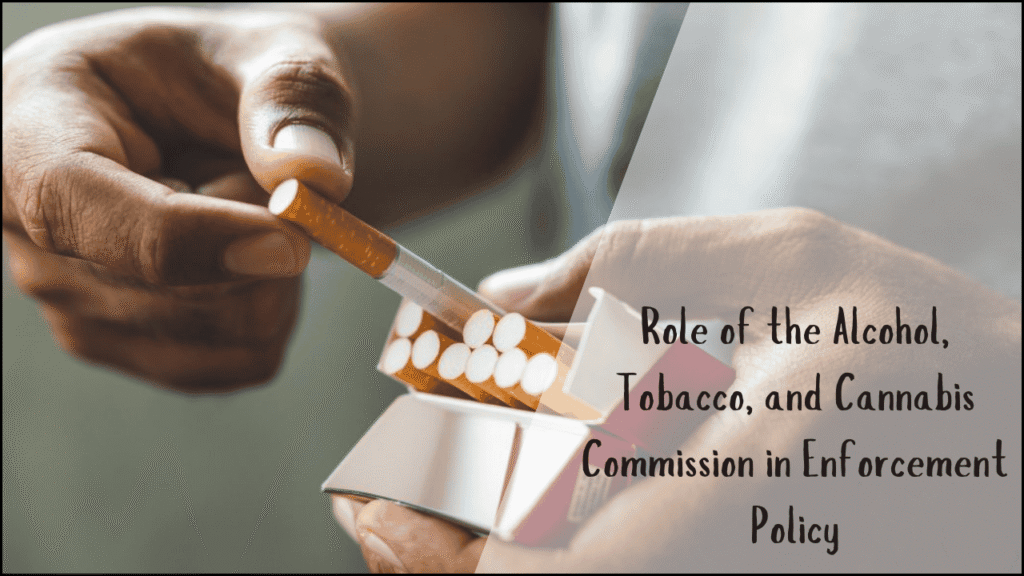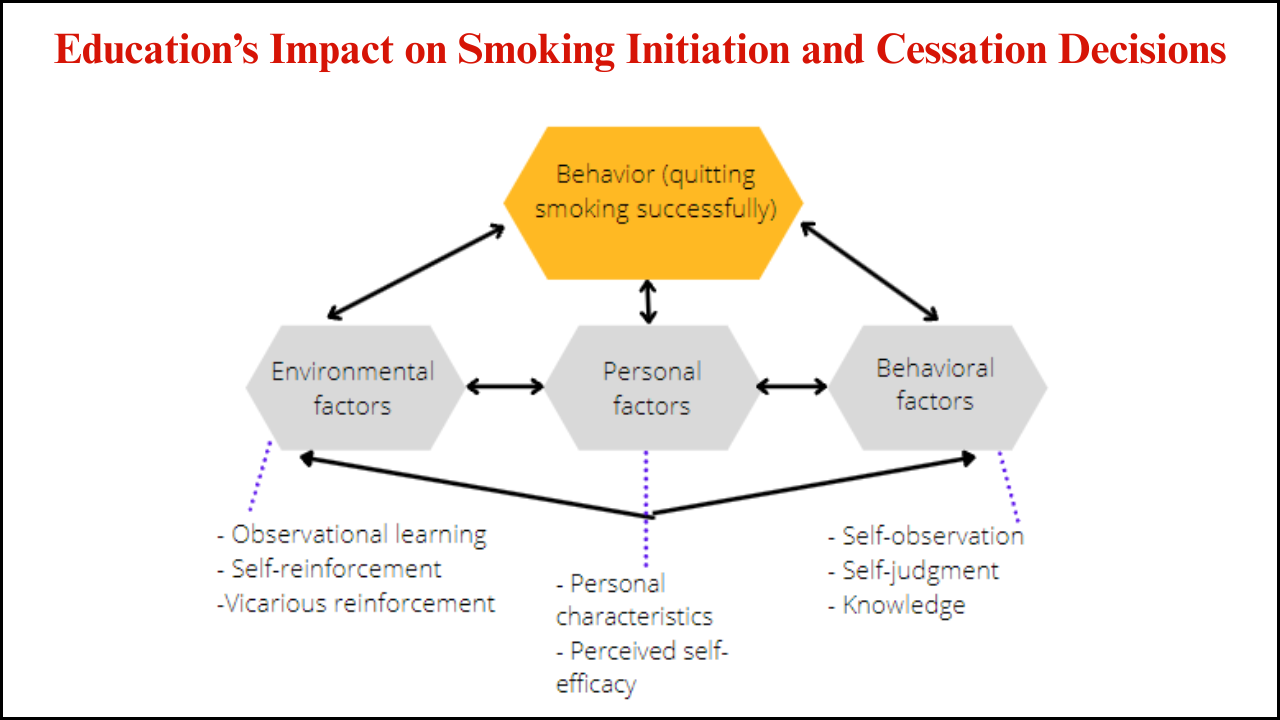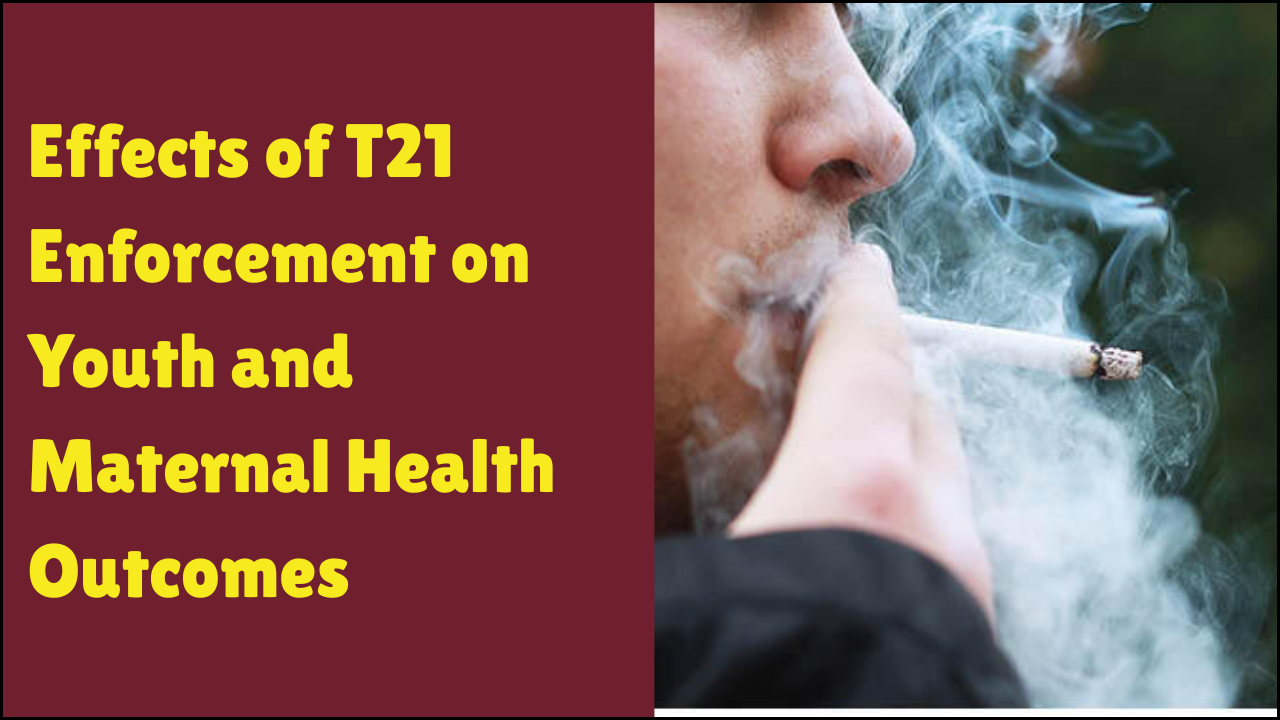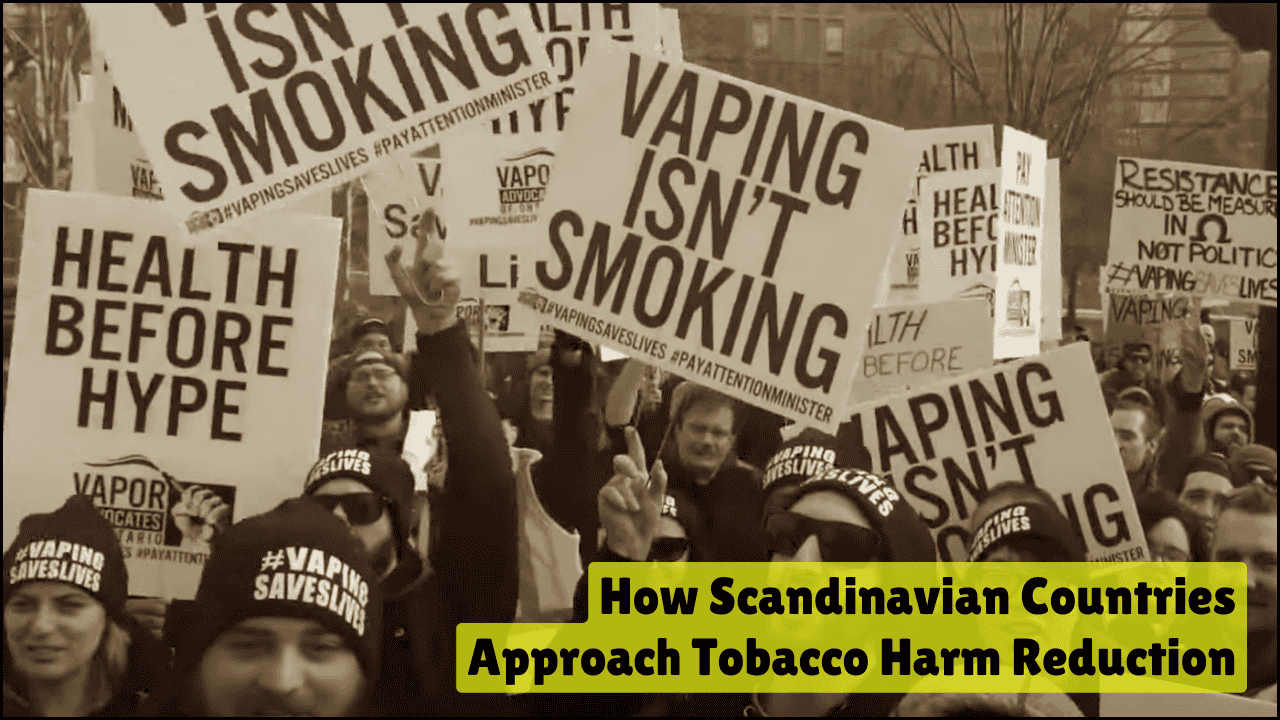
Enforcement policy in alcohol, tobacco, and cannabis regulation plays a significant role in balancing public safety, business growth, and legal compliance. The Alcohol, Tobacco, and Cannabis Commission (ATCC) functions as the authority responsible for creating and implementing enforcement strategies. The commission ensures that laws are not only established but also applied fairly and effectively. Understanding the enforcement policy of the ATCC reveals how the organization manages licensing, compliance, inspections, penalties, and education in relation to these regulated substances.
Table of Contents
Key Functions of the Alcohol, Tobacco, and Cannabis Commission
- Licensing Authority
- Issues licenses for production, distribution, and retail.
- Reviews applications to ensure background checks and eligibility requirements.
- Maintains transparency in the licensing process.
- Compliance Monitoring
- Conducts inspections of establishments.
- Ensures adherence to packaging, labeling, and advertising rules.
- Enforces restrictions on underage sales.
- Public Health Protection
- Promotes harm reduction initiatives.
- Works with law enforcement to curb illegal sales.
- Partners with health agencies to spread awareness.
- Revenue Collection
- Administers taxes and fees related to alcohol, tobacco, and cannabis sales.
- Ensures fair contributions to state budgets.
- Policy Development
- Provides research-based recommendations to lawmakers.
- Adjusts regulations to reflect emerging industry trends.
Enforcement Policy Framework
The enforcement policy of the ATCC is based on three pillars: prevention, monitoring, and correction.
- Prevention
- Focus on education and awareness campaigns.
- Provide training sessions for retailers on compliance.
- Monitoring
- Regular inspections at retail and production sites.
- Surveillance of marketing and advertising practices.
- Correction
- Issue warnings and fines for minor violations.
- Suspend or revoke licenses for severe or repeated breaches.
Areas of Enforcement
- Alcohol Regulation
- Monitor retail establishments for underage sales.
- Control distribution and pricing structures.
- Check compliance with serving hours.
- Tobacco Regulation
- Enforce bans on flavored products in certain regions.
- Restrict advertising targeted at youth.
- Prevent smuggling and illicit trade.
- Cannabis Regulation
- Oversee cultivation and distribution practices.
- Verify product testing and labeling accuracy.
- Ensure retail stores follow age-verification rules.
Inspection and Compliance Strategies
- Routine Inspections
- Scheduled visits to licensed facilities.
- Verification of records and product storage.
- Unannounced Checks
- Surprise inspections to catch hidden violations.
- Test purchases by undercover agents.
- Data-driven Audits
- Use of digital tracking systems to monitor supply chains.
- Detection of irregular patterns in sales.
Enforcement Tools
- Administrative Actions
- Warnings for first-time offenses.
- Mandatory training sessions for violators.
- Financial Penalties
- Fines are proportional to the severity of violations.
- Recovery of unpaid taxes and fees.
- Criminal Sanctions
- Prosecution for smuggling and illegal distribution.
- Seizure of unlicensed products.
Comparison of Enforcement Across Substances
| Aspect | Alcohol Enforcement | Tobacco Enforcement | Cannabis Enforcement |
|---|---|---|---|
| Age Restriction | The Minimum legal drinking age is enforced strictly | Retailers must check IDs for tobacco sales | Retail stores must verify that buyers are of legal age |
| Advertising Control | Restrictions on alcohol marketing | Strict bans on youth-targeted ads | Limited marketing, packaging must be plain |
| Product Testing | Not always mandatory | Limited, mainly for harmful additives | Mandatory lab testing for THC, pesticides, and purity |
| Distribution Control | Licensed distributors only | Licensing and monitoring are required | Seed-to-sale tracking required |
| Health Warnings | Labels with alcohol consumption risks | Pictorial and textual warnings required | Health risk statements on all cannabis products |
Challenges in Enforcement
- Black Market Activity
- Illicit trade of tobacco and cannabis creates enforcement difficulties.
- Smuggling across borders weakens revenue collection.
- Industry Pressure
- Lobbying by manufacturers to loosen restrictions.
- Conflict between economic benefits and health concerns.
- Evolving Public Opinion
- Growing acceptance of cannabis legalization.
- Social resistance against strict tobacco bans.
- Technological Barriers
- Difficulty in tracking online sales and deliveries.
- Use of digital platforms for unregulated advertising.
Collaborations with Other Agencies
- Law Enforcement Agencies
- Joint operations against smuggling and illegal sales.
- Support in criminal investigations.
- Public Health Departments
- Data sharing on substance use and addiction rates.
- Cooperative awareness campaigns.
- Educational Institutions
- Programs targeting students on health risks.
- Research partnerships for policy improvements.
- International Organizations
- Cooperation in preventing cross-border smuggling.
- Exchange of regulatory strategies.
Impact on Public Health and Safety
- Reduction of Underage Use
- Strict ID verification helps limit access.
- Penalties discourage retailers from violating rules.
- Improved Product Quality
- Testing requirements prevent harmful products.
- Packaging rules ensure transparent consumer information.
- Awareness Building
- Campaigns spread knowledge about health risks.
- Education programs reduce long-term substance misuse.
Future Directions in Enforcement
- Digital Monitoring Systems
- Expansion of electronic licensing and sales tracking.
- Use of artificial intelligence for identifying violations.
- Community-based Enforcement
- Local groups are monitoring neighborhood compliance.
- Feedback systems for consumers to report violations.
- Stricter E-commerce Rules
- Regulation of online alcohol and tobacco sales.
- Age verification technology for digital transactions.
- Balanced Approach to Cannabis
- Policies that address both medical use and recreational sales.
- Ongoing review of THC potency limits.
Key Enforcement Measures
| Measure | Description | Expected Outcome |
|---|---|---|
| Licensing Control | Mandatory license for producers, distributors, and retailers | Transparent and legal business operations |
| Regular Inspections | Routine and unannounced visits to facilities | Higher compliance with safety regulations |
| Age Verification | Strict checks for alcohol, tobacco, and cannabis purchases | Reduced underage consumption |
| Advertising Restrictions | Limits on marketing strategies targeting youth | Lower exposure to promotional influence |
| Product Testing | Laboratory verification of product contents | Safer consumer experience |
| Penalty Framework | Fines, suspensions, and criminal charges for violations | Strong deterrent against illegal practices |
Final Thoughts
The enforcement policy of the Alcohol, Tobacco, and Cannabis Commission ensures that public health, safety, and fair business practices remain at the center of substance regulation. Strong licensing, monitoring, and corrective measures safeguard communities while enabling responsible industry growth. Future enforcement strategies will continue to evolve with technological tools, public opinion, and emerging trends, keeping the balance between individual freedom and collective safety intact.






